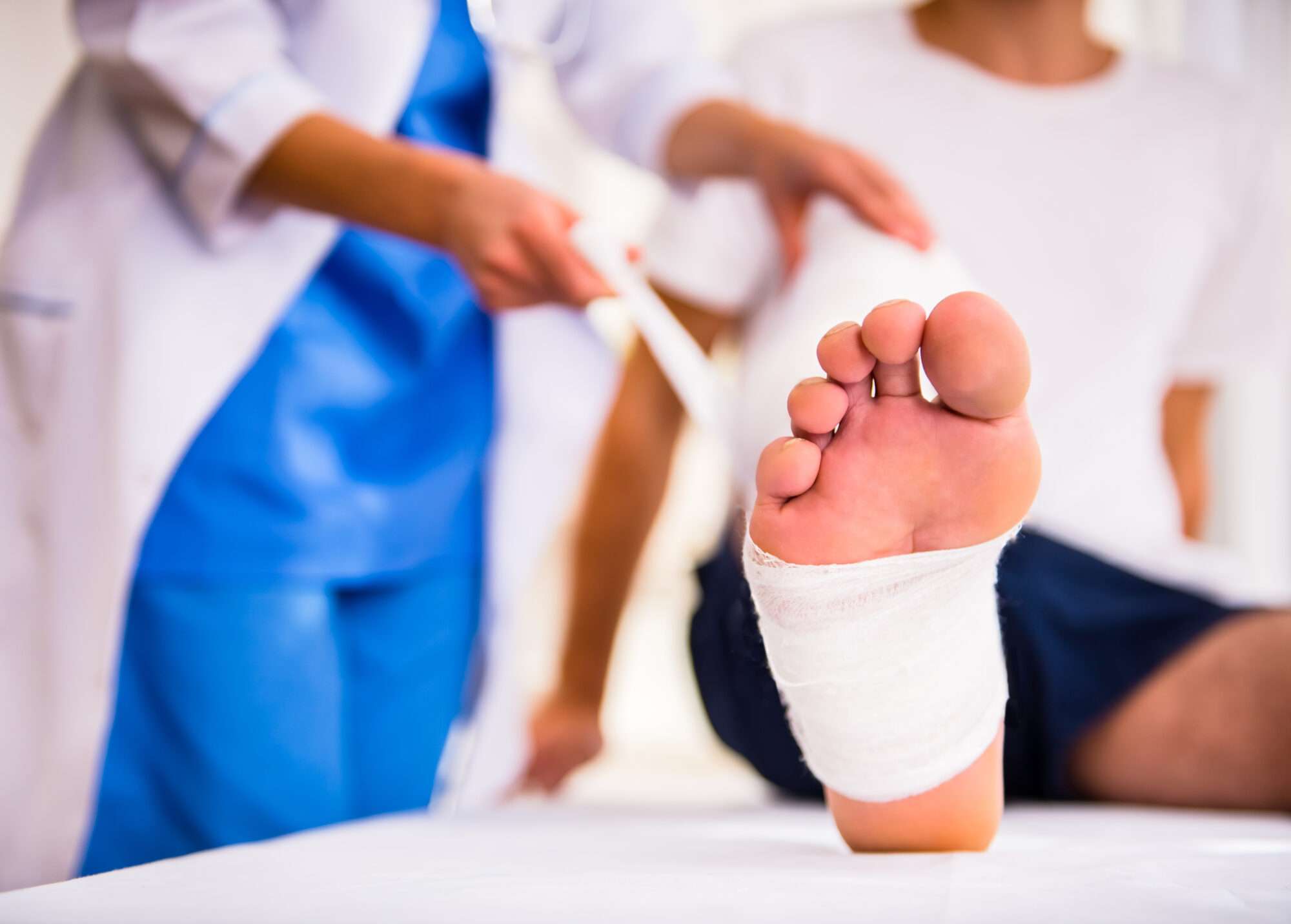Premises Liability: What You Need To Know Before Filing a Claim
Premises liability often comes into play during routine days, when a normal activity leads to an unforeseen injury. While simply visiting the grocery store or walking down the sidewalk should be a perfectly safe activity, sometimes negligence by the property owner can lead to sudden and unavoidable damages. Often, these injuries are fairly minor – a slip and fall accident leading to a sprained ankle. But on other occasions, a property owner’s negligence can lead to serious injury or even death – a faulty fire alarm system in a busy office building, for instance. In these cases, what recourse does the injured party have?
At Lazenby Law Group, LLC, we understand that dealing with an injury on someone else’s property can be challenging to address. If you’ve been injured or have are suffering through the death of a loved one who was injured due to the negligence of a property owner, determining your next steps can feel overwhelming. Understanding Georgia’s premises liability laws is essential. These laws balance property owners’ responsibilities with visitors’ rights, ensuring safety while outlining what must be proven to recover compensation after an injury.
What Is Premises Liability?
Premises liability refers to the legal responsibility of property owners to ensure their premises are safe for visitors. Georgia law doesn’t automatically hold property owners liable for every injury that happens on their property. Instead, an injured person (the plaintiff) must prove the property owner was negligent. This means showing that the property owner failed to exercise reasonable care in preventing or addressing dangerous conditions that led to the injury. If negligence cannot be proven, the property owner is not held accountable for damages. This makes gathering evidence and understanding the law’s nuances critical to a successful claim.
Common Types of Premises Liability Cases
Premises liability encompasses various situations where injuries occur due to unsafe conditions. The most common examples of premises liability include the following:
- Slip and fall accidents: Wet floors, uneven surfaces, or poorly lit areas can lead to serious falls.
- Dog bites: Property owners may be liable if their pet attacks someone.
- Fire safety hazards: Neglecting proper fire alarms or clear exits can result in injuries during emergencies.
- Falling objects: Items improperly stored or displayed can cause harm.
- Escalator and elevator accidents: Malfunctions or poor maintenance can lead to injuries.
- Negligent security: Failing to provide adequate security in areas prone to criminal activity can make property owners liable for resulting harm.
Every case is unique. However, these cases hinge on whether the property owner acted negligently.
Proving Negligence in Premises Liability Cases
To succeed in a premises liability claim, the injured party must prove the property owner’s negligence caused their injury.
A property owner may be guilty of Active Negligence, wherein they directly created a hazardous condition on their property. This could include leaving debris on a walkway or leaving dangerous materials in areas where the public could reasonably be expected to have access to it.
A property owner can also be negligent through Constructive Knowledge. In these cases, the property owner knew or should have known about the hazard but failed to address it. Constructive knowledge often comes into play when a dangerous condition exists for an extended period, and a reasonable property owner would have discovered and resolved it.
In their case, evidence is critical for proving negligence. This may include photographs, witness statements, surveillance footage, or maintenance logs showing how long the hazard existed and what steps (if any) the property owner took to fix it.
Duty of Care Based on Visitor Type
In Georgia, a property owner’s duty of care varies depending on the type of visitor on their premises. These distinctions are vital to understanding whether negligence occurred.
Invitees are individuals who enter the property for a purpose that benefits the property owner, such as customers in a store or patrons at a restaurant. Property owners owe invitees the highest level of care. This means they must actively inspect for potential hazards and promptly address them to ensure the premises are safe. Failure to do so can make them liable for injuries caused by unsafe conditions.
Licensees enter a property for their own benefit or convenience, such as social guests. While property owners are not required to inspect for hazards, they must avoid willful or wanton harm. This duty is less stringent than what is owed to invitees but still obligates property owners to address known dangers that could foreseeably cause harm.
Trespassers are individuals who enter the property without permission. Property owners only owe minimal care to trespassers. Specifically, they must refrain from causing wanton or willful harm. However, if the property owner is aware of frequent trespassing, they may need to take reasonable steps to warn of hidden dangers. The exception to this rule is children: if children are injured while trespassing, the property owner may be liable under the “attractive nuisance” doctrine.
Understanding these categories is essential for determining liability in premises liability cases. Each classification influences the property owner’s responsibilities and whether their actions, or lack thereof, constitute negligence.
The Comparative Fault Rule in Premises Liability Cases
Georgia follows a comparative fault rule, meaning an injured party’s compensation may be reduced if they were partially responsible for the incident. If the plaintiff is found to be 50% or more at fault, they cannot recover any compensation. This makes it essential to thoroughly evaluate the circumstances and evidence surrounding your case.
Georgia requires that visitors must exercise “ordinary care” according to Georgia Code § 51-11-7. If the property owner can demonstrate that you were too careless and that your injury should have been avoided through ordinary care, you would not be entitled to damages.
We’re Here To Help
Premises liability cases in Georgia require careful analysis of the facts, evidence, and applicable laws. At Lazenby Law Group, we are committed to helping clients navigate these complex claims with empathy and expertise. If you’ve been injured or a loved one has lost their life due to unsafe conditions on someone else’s property, we’re here to provide guidance and fight for the justice you deserve. Contact us today to schedule a consultation and take the first step toward resolving your premises liability claim.



